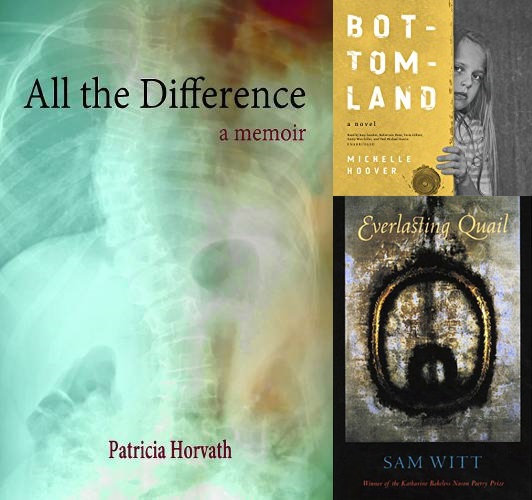
Mark your calendars! The next Four Stories is back at a new venue: The Burren in Davis Square.
Readers are: SHUBHA SUNDER, SAM WITT, MARIA PINTO and EMILY FRANKLIN
Shubha Sunder is a Massachusetts Cultural Council Fellow, a Grub Street instructor, and an associate fiction editor of West Branch. Her writing has appeared in Lenny Letter, Crazyhorse, Narrative Magazine, and Michigan Quarterly Review. She recently completed her first novel, titled Boomtown Girl, set in her hometown of Bangalore, India.
Sam Witt is the author of three poetry collections, including Everlasting Quail, winner of the Katherine Nason Bakeless Prize, and 2018’s Little Domesday Clock. Witt has published widely, edited the poetry anthology Devouring the Green: Fear of a Human Planet, and has won the Red Hen Press Poetry Award, the Pitch Poetry Award and the Meridian Editors’ Prize. Witt is currently Associate Professor of English, Creative Writing at Framingham State University.
Maria Pinto studied creative writing at Brandeis University. She’s been awarded fellowships by the Writers’ Room of Boston and The Mastheads, and her work has appeared in Necessary Fiction, Cleaver, and FriGG, among other journals. When she’s not reading fiction for FLAPPERHOUSE or walking dogs, she’s in the woods hunting mushrooms.
Emily Franklin is the author of numerous books for adults and for teens. Her work has been published in The New York Times and The Boston Globe, read aloud on National Public Radio, named notable by the Association of Jewish Libraries, and long-listed for the London Sunday Times EFG Short Story Award.
